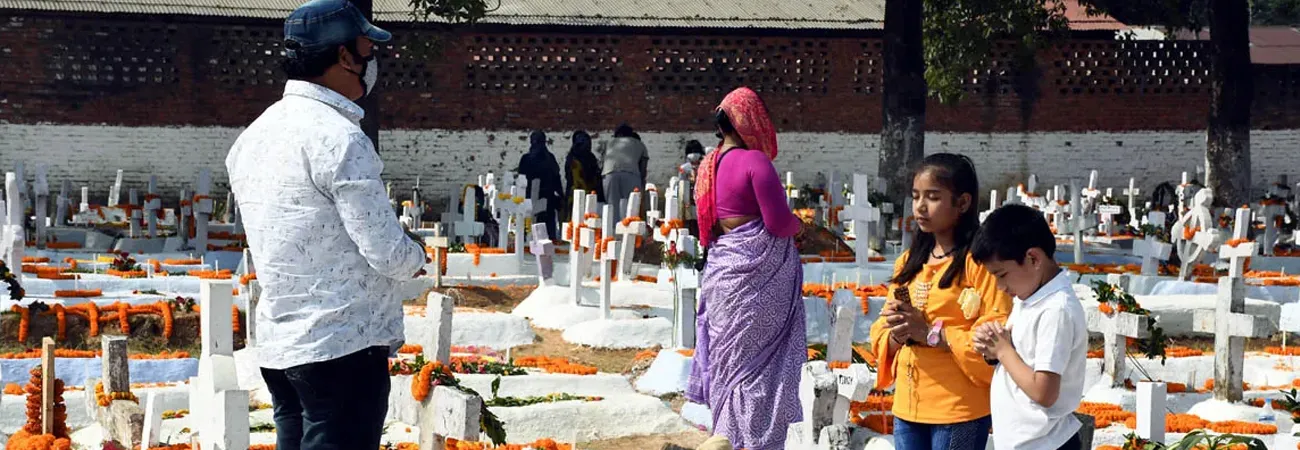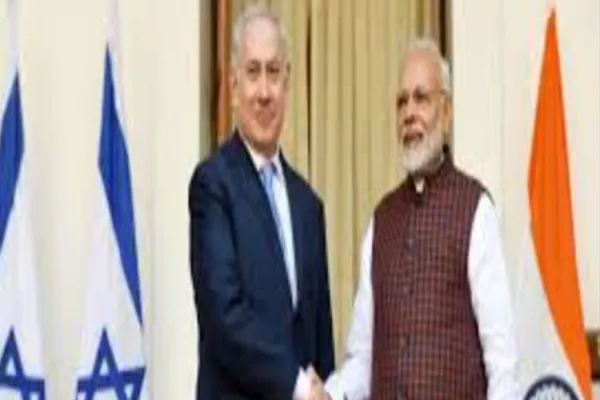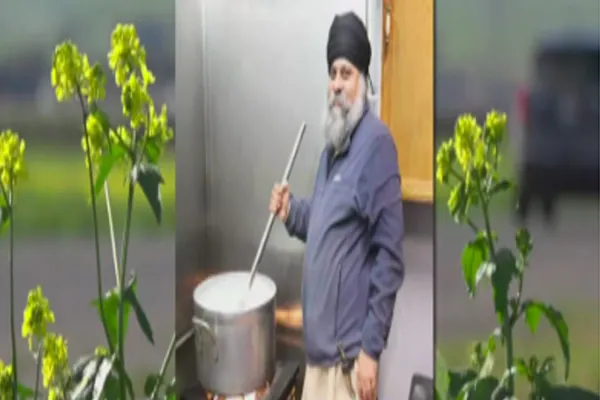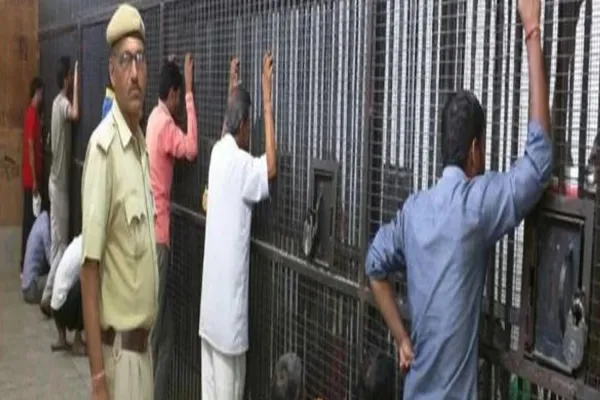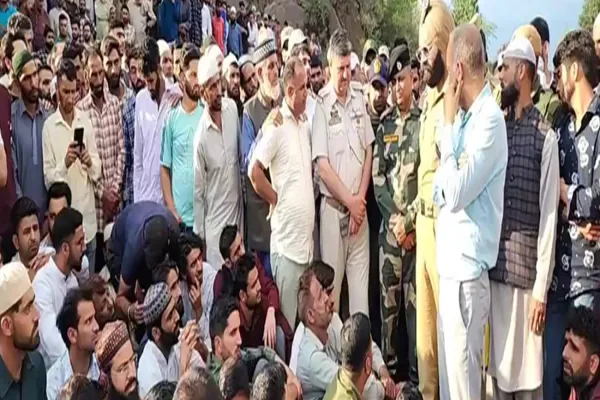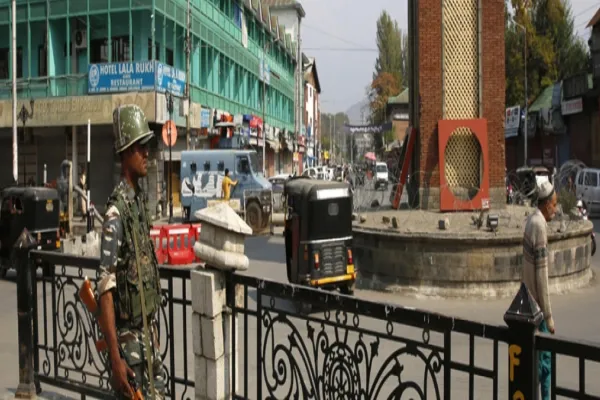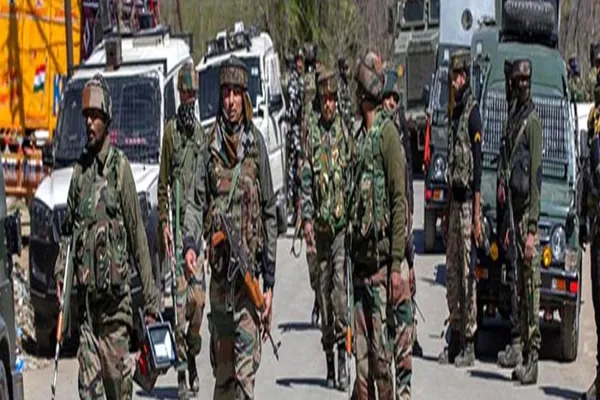i NEWS INTERNATIONAL
The Supreme Court of India expressed anguish as a tribal Christian man from Chhattisgarh approached it for permission to bury his father, a Christian pastor, in the village graveyard, highlighting the ongoing plight of religious minorities in the country under Modi regime. During the hearing, the court noted its dismay over the inability of the state and the High Court to resolve the issue, deferring the matter for further deliberation.
The petitioner’s father passed away on January 7, but attempts to bury him in the Chindwara village graveyard—designated for Christians—were met with hostility from villagers who threatened the family with severe consequences. Police, instead of providing assistance, pressured the family to move the body elsewhere. As a result, the pastor’s body has remained in a mortuary for two weeks. The petitioner’s plea detailed the oral allocation of separate graveyards for Hindus and Christians by the traditional Gram Panchayat.
While the petitioner’s aunt and grandfather were previously buried in the Christian section of the same graveyard, the High Court ruled that no distinct burial ground exists for Christians in Chindwara and directed the family to bury the body in a designated Christian graveyard 20–25 kilometers away. The High Court reasoned that granting the petitioner’s request might disrupt public harmony. The state government supported this position.
Senior Advocate Colin Gonsalves, representing the petitioner, refuted the state’s arguments, pointing out that relatives of the deceased had been buried in the village graveyard in the past. He presented photographic evidence of Christian graves in the cemetery, marked with crosses. The state’s affidavit asserted that converted Christians are not entitled to burial in the village graveyard, reflecting systemic exclusion of minorities. This case underscores the challenges faced by religious minorities in India, where entrenched social biases and legal loopholes continue to deny fundamental rights.
Credit: Independent News Pakistan (INP)



